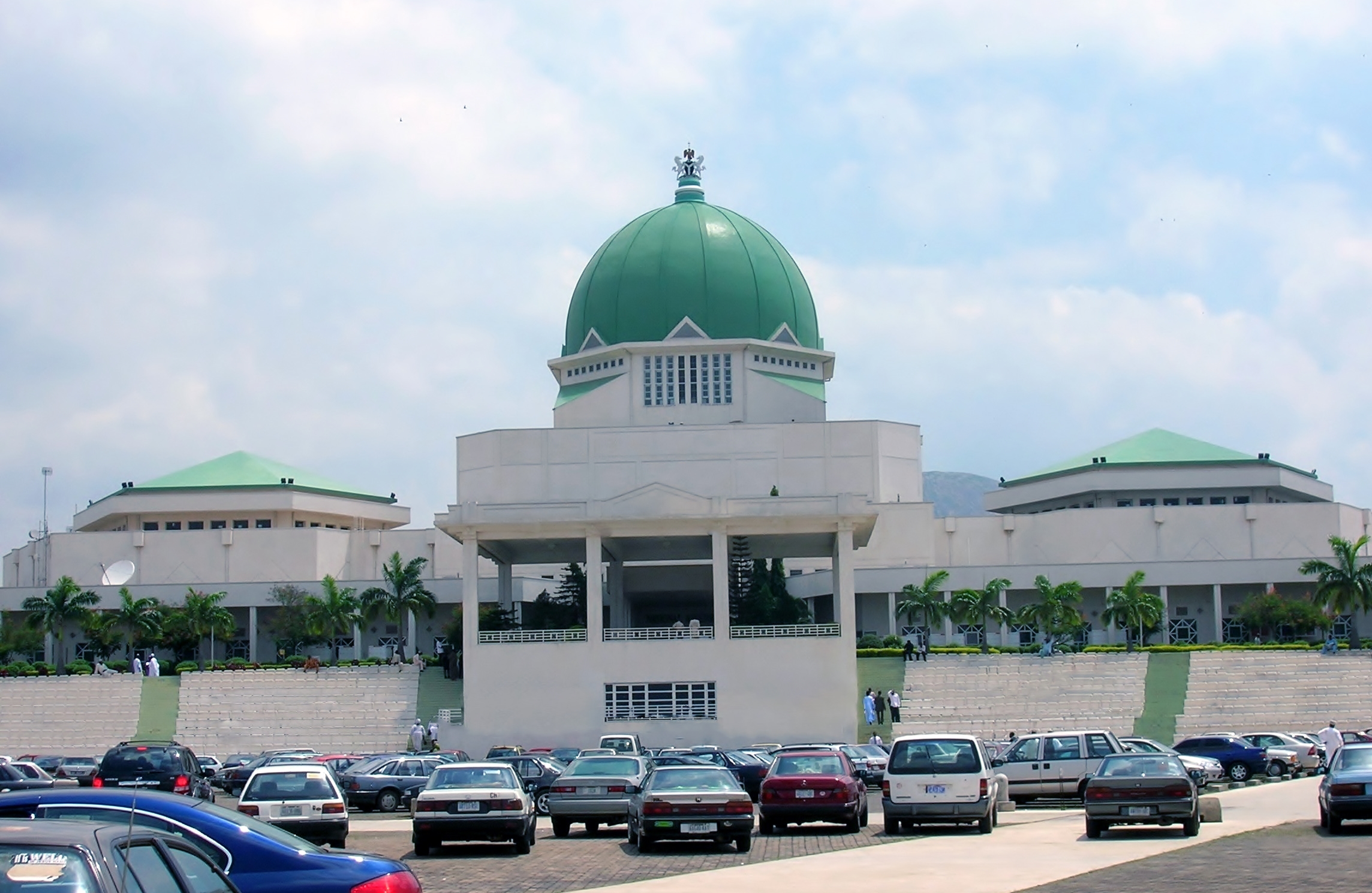PIB: Free-For-All At NASS Over Who Speaks For N-Delta
Lawmakers scampered for safety, Thursday, on the second day of the public hearing on the Petroleum Industry Bill, PIB, organised by the House of Representatives, as some members of host communities in the Niger Delta exchanged blows over harmonised leadership presentation directed by the House.
Consequently, the Room 028 venue of the public hearing was thrown into pandemonium, with other guests running helter-skelter to avoid being hit in the free-for-all.
The people had gathered from various oil producing communities with a greater number from the core Niger Delta states to make presentations on the bill.
Fight, however, broke out at exactly 12:10 pm after the chairman of the Ad-hoc Committee on PIB, Mohammed Monguno, who had been moderating the proceedings, called the host communities to make their inputs. Monguno had earlier given a notice that only a harmonized leadership of the host communities would make presentations through one person. This apparently did not go down well with the people who struggled among themselves over who should represent them.
At this point, a fight broke out, disrupting the proceedings.
The unhealthy development left lawmakers and other participants scampering for safety
However, calm was restored within minutes after policemen at the venue intervened in the matter.
With this, the committee chairman announced that henceforth, members of the host communities will only adopt their memoranda and exit the podium, assuring that the panel will visit communities in the coast region to properly engage them.
While one of the men involved in the fight could not speak to journalists because he sustained injuries on his mouth, the other party, who gave his name as High Chief Benjamin Style Tamaranebi, said the fight was all about the demand for 10 per cent equity shares by the host communities. He further identified himself as the National President of the Host Communities of Nigeria’s oil Producing Communities, HOSTCOM.
It will be recalled that the Federal Government had in the PIB, proposed 2.5 per cent as royalty for host communities, but Tamaranebi said it was not enough for the people and, therefore, demanded upward increase to 10 per cent.
“We are here for the public hearing on behalf of host communities of Nigeria producing oil and gas. I am the president of host communities and all we are asking for is nothing more than 10% equity share holding. We vehemently go against 2.5% operating cost. That’s a trick.
“So, we want to be part and parcel of it. Let us be shareholders in the industry. That will guarantee security in our local communities that are producing oil and gas. If they give us 10% shareholding, it will guarantee that no one will spill oil or vandalize any pipeline.
“But whatever thing that gets missing, communities will be missing as well. I want to agree on the 10% equity share holding for the host communities. That will guarantee security in the region as well as oil and gas industry in Nigeria.
“I think it is not necessary for me to talk about whether we fought or not. You know all about the Niger Delta. There is no king, we are all comrades. You know about us. When Niger Deltans gather, everything is bound to happen.
“All we are agitating for is 10% equity. The fight is because of 10% equity. All the fight you saw there was in agreement with 10% equity.” ‘They are racketeers’
Also speaking on the development, Barr. Gouha Ukhorumah, who represented the Offshore Gbaramatu and coastal Host Communities in Warri South Local Government Area of Delta State, said the quarrel was basically between two factions of a group who referred to themselves as host communities without a specific kingdom or local government as area of coverage.
“They are paper tigers and racketeers who represent nobody but themselves. They are what we call political host communities, because our group has been having MoUs with oil companies and managing their corporate social responsibility policies over the years.
“That’s why we said they don’t represent anyone because they can’t be identified with any kingdom or ethnic group in region. But as God will disgrace them, they are now fighting themselves because they are more about what they can get as individuals.” Voice of Esau, voice of Jacob




